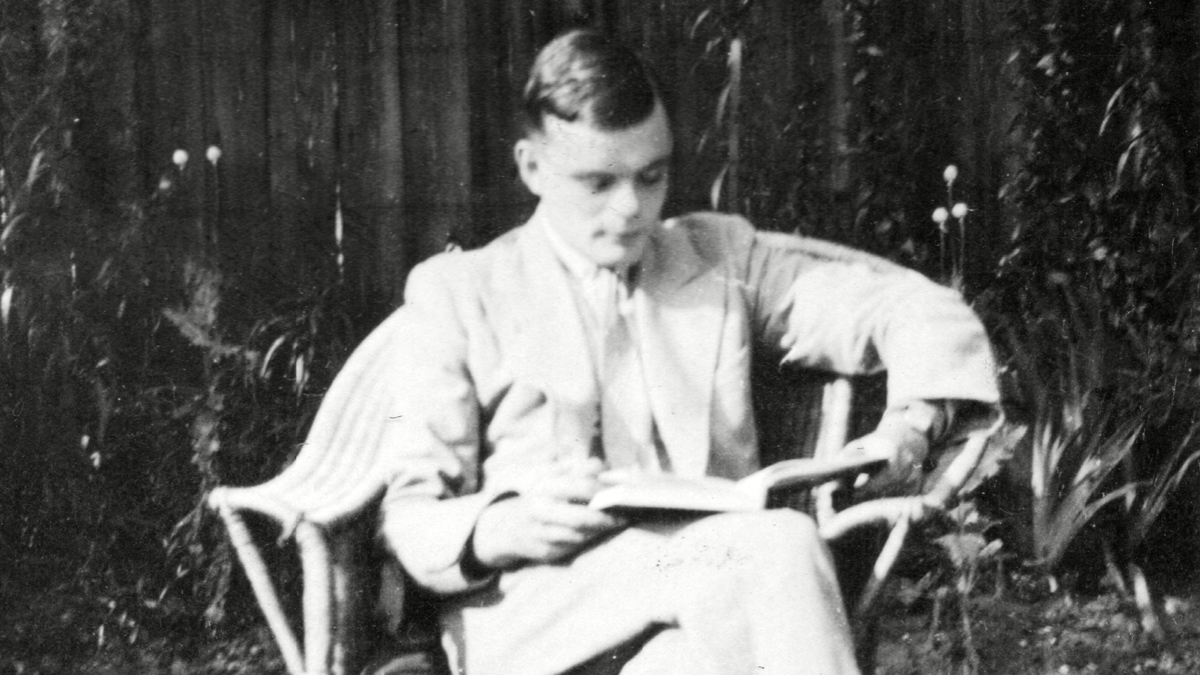Listen to the 'world's first computer-generated music', created in Alan Turing's lab
New Zealand academics restore the three-track recording

Want all the hottest music and gear news, reviews, deals, features and more, direct to your inbox? Sign up here.
You are now subscribed
Your newsletter sign-up was successful
He's best-known as a code-breaker, but pioneering mathematician Alan Turing might also have been a beat-maker.
OK, that might be stretching it a bit, but academics from the University of Canterbury in New Zealand have restored what they say is the earliest known recording of computer-generated music, which was created using programming techniques devised by Turing.
The recording dates from 1951, and consists of three melodies that were generated by a mammoth computer that filled the ground floor of Turing's Computer Machine Laboratory in Manchester. It's been restored by Professor Jack Copeland and UC alumni and composer Jason Lon, who take up the story.
"Today all that remains of the recording session is a 12-inch single-sided acetate disc, cut by the BBC's technician while the computer played. The computer itself was scrapped long ago, so the archived recording is our only window on that historic soundscape," they explain.
"What a disappointment it was, therefore, to discover that the frequencies in the recording were not accurate: the recording gave at best only a rough impression of how the computer sounded. There was a deviation in the speed of the recording, probably as a result of the turntable in BBC's portable disc cutter rotating too fast. But, with some electronic detective work, it proved possible to restore the recording - with the result that the true sound of this ancestral computer can be heard once again, for the first time in more than half a century.
"As well as increasing the speed - and so altering the frequencies - we also filtered out extraneous noise from the recording; and using pitch-correction software we removed the effects of a troublesome wobble in the speed of the recording. It was a beautiful moment when we first heard the true sound of Turing's computer."
You can listen to the recording, which features renditions of God Save the King, Baa Baa Black Sheep and In The Mood, by clicking here. The God Save the King performance was programmed by Christopher Strachey, who want on to become a highly-respected computer scientist.
Want all the hottest music and gear news, reviews, deals, features and more, direct to your inbox? Sign up here.
Find out more about the restoration project on the British Library Sound Archive website.



I’m the Deputy Editor of MusicRadar, having worked on the site since its launch in 2007. I previously spent eight years working on our sister magazine, Computer Music. I’ve been playing the piano, gigging in bands and failing to finish tracks at home for more than 30 years, 24 of which I’ve also spent writing about music and the ever-changing technology used to make it.